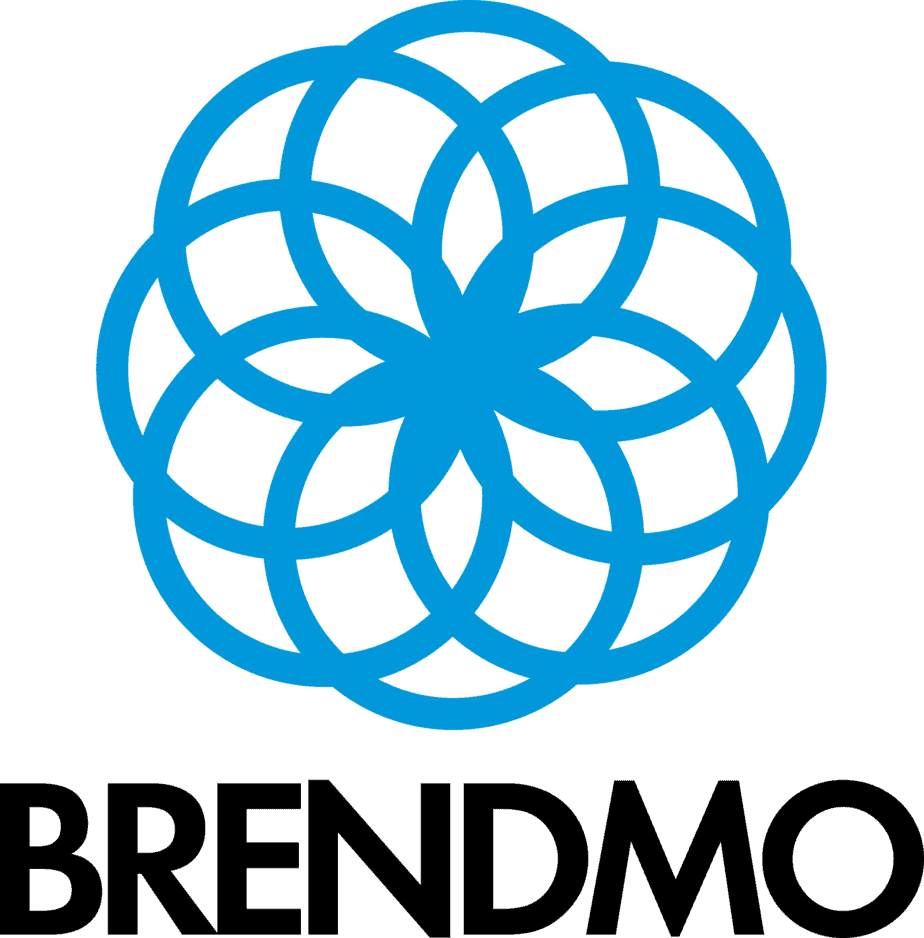“Mixing personal and business finances might seem harmless, but it’s a costly mistake that can lead to tax headaches, legal risks, and financial chaos.” (Amanda Painter)
Mixing personal and business finances is so easy, particularly at the beginning. The company needs something, but money hasn’t come in, so you extend a small loan. You pay yourself back, by paying for the groceries on the company card.
A recent report by the US Federal Reserve on economic wellbeing has revealed that 39% of small business owners use personal funds to cover business expenses. This creates unnecessary risk and could expose both parties to potential audits, bankruptcy and even criminal prosecution. So, how do you untangle personal and professional spending without creating more chaos? These are our five tips.
1. Open a separate business bank account
The first step is getting a separate bank account for your business. This small step already makes it so much simpler to keep all income, expenses, and taxes distinct from your personal finances – giving you clarity and protection in case of an audit. Once your account is open, ensure all business payments go in and out of it exclusively. Resist the temptation to make personal purchases on your business card even just once.
2. Apply for a business credit card
A business credit card can be a powerful tool to keep finances clean and establish credit history for your company. It allows you to track spending, earn business-relevant rewards, and build a credit score separate from your personal one.
According to a 2022 Nav Small Business Survey, 45% of business owners didn’t even know they had a business credit score. This is a missed opportunity – strong business credit can help with financing, insurance, and vendor relationships down the line.
3. Pay yourself a salary (or draw consistently)
Many business owners pay themselves sporadically or in large lump sums, depending on how much is left over each month. This creates cash flow chaos and a personal dependence on the business that’s hard to manage. Instead, create a set payment structure, either paying yourself a salary or a set amount on certain dates. This structure will help you plan personally and track business performance more accurately.
4. Use accounting software
Manual spreadsheets can work in year one, but as soon as your business gains momentum, you’ll need robust tools. Software like QuickBooks, Xero, or Wave allows you to categorize expenses, reconcile accounts, and prepare for tax season with confidence.
A study by Intuit QuickBooks showed that 69% of small business owners who used accounting software reported greater clarity over their finances and fewer tax-related errors. Automating your bookkeeping and syncing accounts ensures your records are always up to date and SARS-ready.
5. Work with a bookkeeper or accountant from the outset
It’s tempting to wait until tax time or a cash flow crisis to call in a pro. But a good accountant is a strategic partner, not just a compliance necessity. They can help you optimise deductions, structure your pay, and ensure your financial systems scale with your business.
According to a survey by the National Small Business Association, 42% of business owners spend over 80 hours per year on taxes. A qualified accountant or tax practitioner can reduce that significantly, while helping you avoid costly mistakes. Look for someone with experience in your industry and business model.
The bottom line
Separating your personal and business finances is an important step to helping your business grow. Clean books help you make smarter decisions, secure funding, and sleep better at night. Whether you’re just getting started or several years in, it’s never too late to draw the line. Set boundaries now, and you’ll thank yourself later.
Need help separating your personal and business accounts? We are here to help.
Disclaimer: The information provided herein should not be used or relied on as professional advice. No liability can be accepted for any errors or omissions nor for any loss or damage arising from reliance upon any information herein. Always contact us for specific and detailed advice.
© AccountingDotNews





